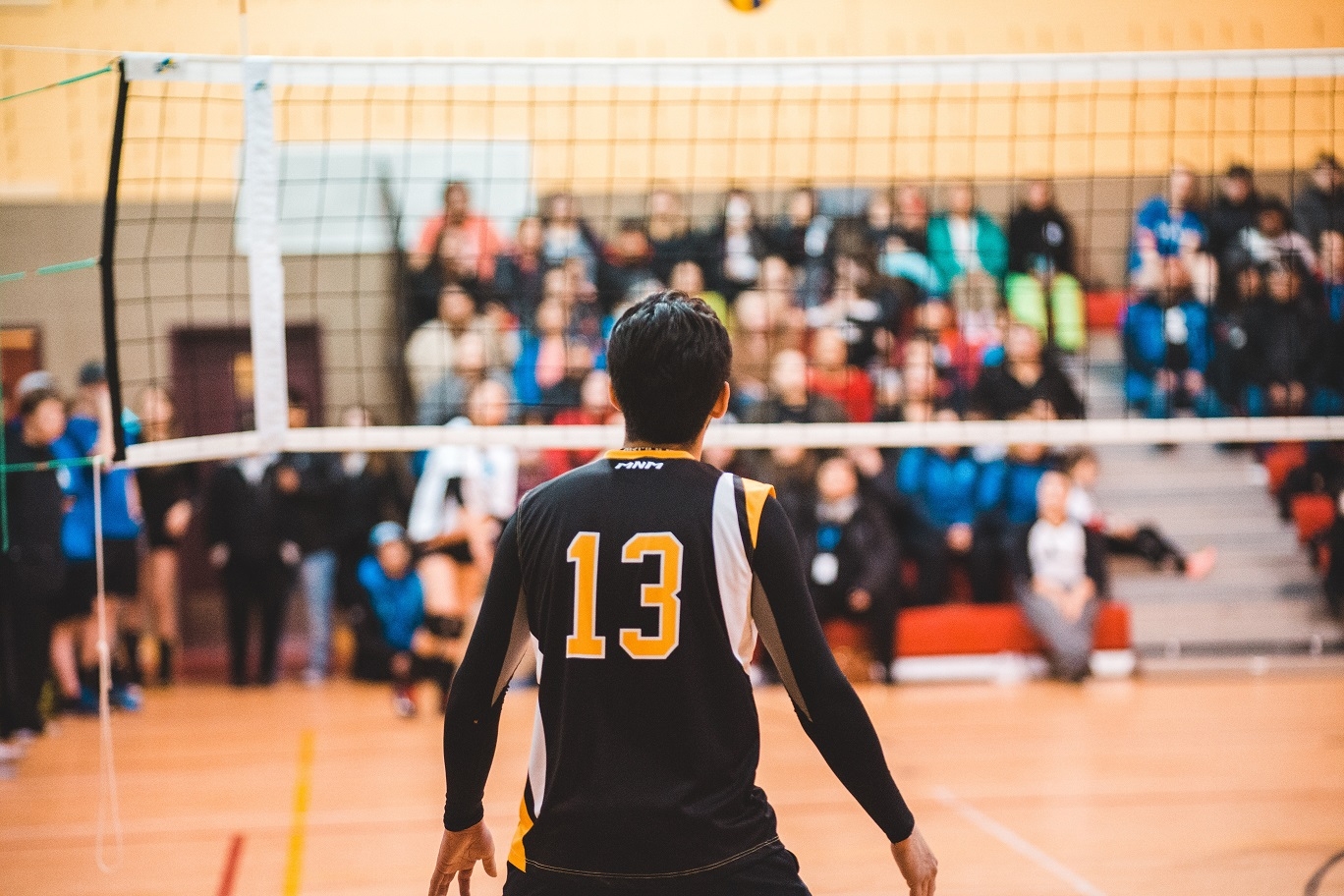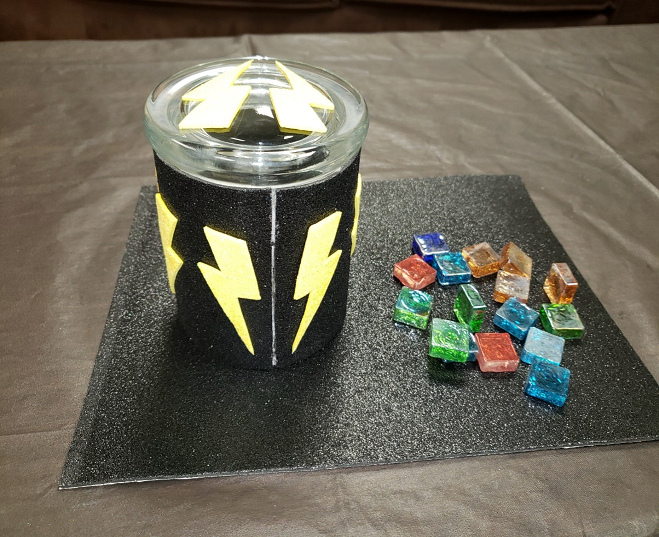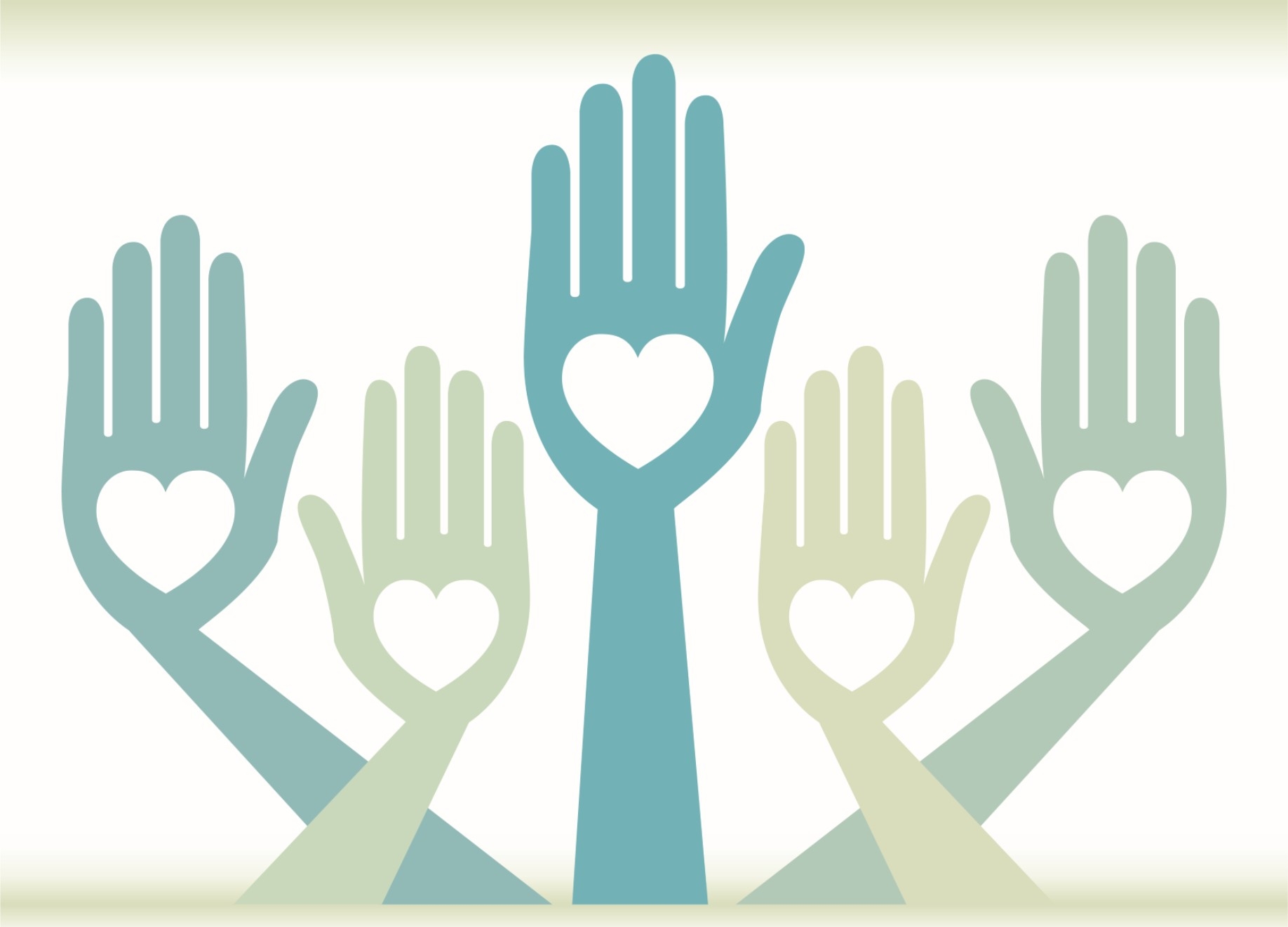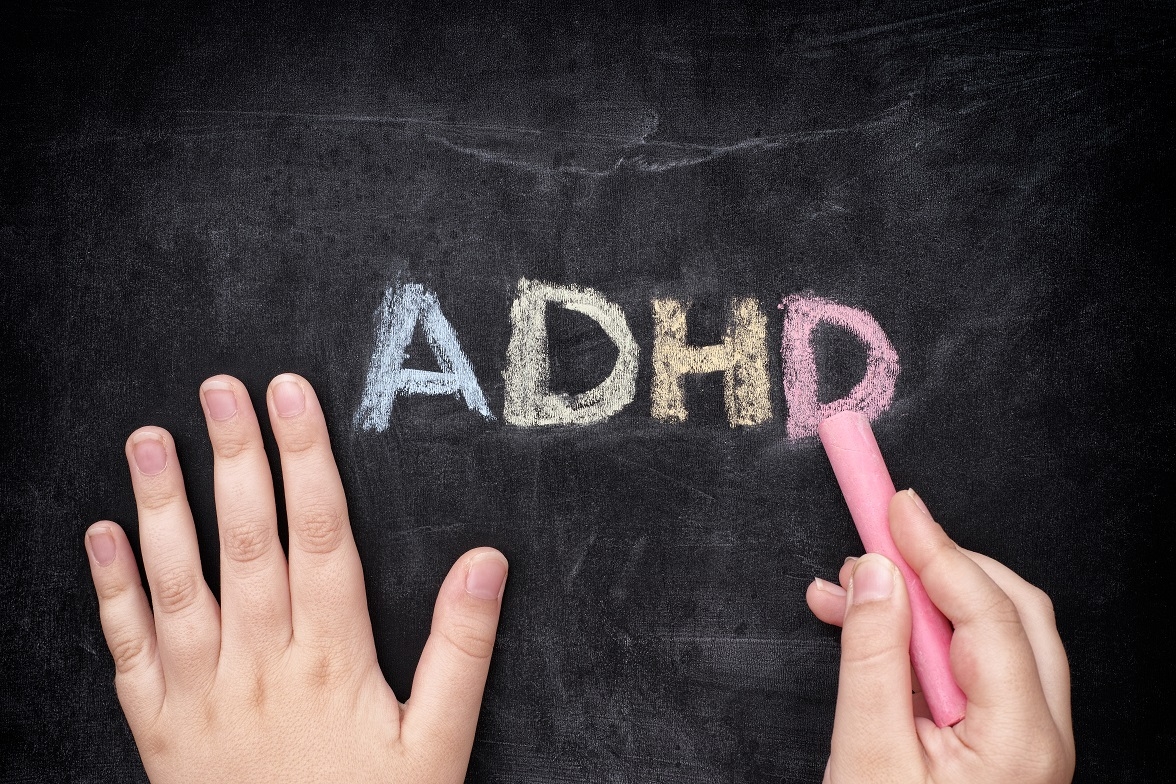Hello, I am Mary Toon, a Licensed Specialist Clinical Social Worker (LSCSW). I received my Bachelor’s in Social Work from Wichita State University in 2014, and my Master’s in Social Work in 2018. I obtained my clinical license in 2024 and am working towards becoming certified in Play Therapy.
I have had the opportunity to serve the local Community for the last nine years as a social worker, with the last five focused on providing individual therapy and mental health support in schools. I have experience working with children and families from all walks of life facing a variety of … Read more
By Michelle Cunningham, LCP
We are going through a monumentally strange time in our lives right now. This is maybe the only thing that is utterly true at all times because everything else is shifting. A global pandemic has put it’s thumb on daily life and changed things we have taken for granted – face-to-face time with friends, family and acquaintances, work, school and now school sports. It’s all changing, stopping, or both, and it is hard. Potentially losing a year of team sports is going to be a challenge that we never planned to face.
While this is a … Read more
By Seth Hock, LMFT
As a child, I was very anxious about many things. I would worry about how long my parents would be away when they left home, about going on campouts or to church camp for a week, and perhaps most of all, I would worry about storms. I can, when I choose to visit my inner child, still experience the anxiety he once felt about those Midwestern storms that would slowly roll though our part of the prairie. I remember listening closely when the weatherman came on the TV or radio; I would scan the skies looking … Read more
We hope you’ve had a great summer. It hasn’t been as hot as past Kansas summers (fingers crossed!), so hopefully you and your kids have been able to enjoy the outdoors and the swimming pool or whatever you like to do! Now it’s time for kids to go back to school. This is one of the biggest transitions in the year for families with kids of all ages, and it is important to keep in mind stress is higher around this time. To help with the back to school stress, our Real Life Counseling clinicians have compiled a list of … Read more
By Seth Hock, LMFT
We have all been there, on both sides of the conversation – the ongoing negotiation between parents and children, when parents are asking children to do something they may not want to do. As parents, we can be exasperated from the arguments, power struggles, and the constant reminders to do something. The voice, oh so familiar, broadcasts the same tired message. It reverberates through our headspace like an ancient echo: “How many times do I have to ask or tell them to listen?”
Children, at times in innocent ignorance and at other times in stubborn defiance, … Read more
There is a need for all people, especially kids, to feel safe and secure in their world; perhaps beyond any other resource, people will look for and seek out connection, attachment, and a sense of belonging. When we feel connected to and accepted by others we begin to build our own confidence and sense of who we are and who we can be.
It is from this perspective that I approach the journey of therapy. I hope to offer everyone, big people and our little ones, the opportunity to build their connections, to create new, more intimate tribes where, with … Read more
By Krista Reed, LSCSW
On October 13, 2017, I was in Las Vegas for a training that was across the street from the Mandalay Bay. Approximately one week prior, a man opened fire on country festival, Route 91 Harvest, from a broken window at Mandalay Bay. 58 people were killed, 422 people suffered injuries from gunfire, and another 851 individuals had injuries as a result of the attack (Andone & Sidner, 2018) During my lunch break, I decided to walk over to the hotel and pay my respects. I briefly spoke with a police officer who appeared exhausted and was … Read more
Real Life Counseling has teamed up with Wesley Children’s Hospital to provide support groups for pediatric oncology patients and their families. These support groups have been generously funded by Wesley Children’s Foundation. The goal of these support groups is to provide a place where patients and their families can meet and support one another through the difficulties of diagnosis, treatment and life change associated with childhood cancer. Separate groups will be provided for oncology patients, for parents and for siblings of patients. Go here for dates.
Who Is Invited to These Support Groups?
All pediatric (under the age of … Read more
A lot of children have trouble paying attention and staying on task in school. ADHD is often the first explanation given for academic problems, whether the problems are listening to directions, organizing tasks or hyper or disruptive behavior. These are all characteristics of ADHD, but they are also signs of other problems at times. For example, if a child has stress in their school or home life, the trouble focusing may be better explained as a reaction to those problems than ADHD. Many times, the distractibility and disorganization go away if the stress is removed, or if the child learns … Read more









